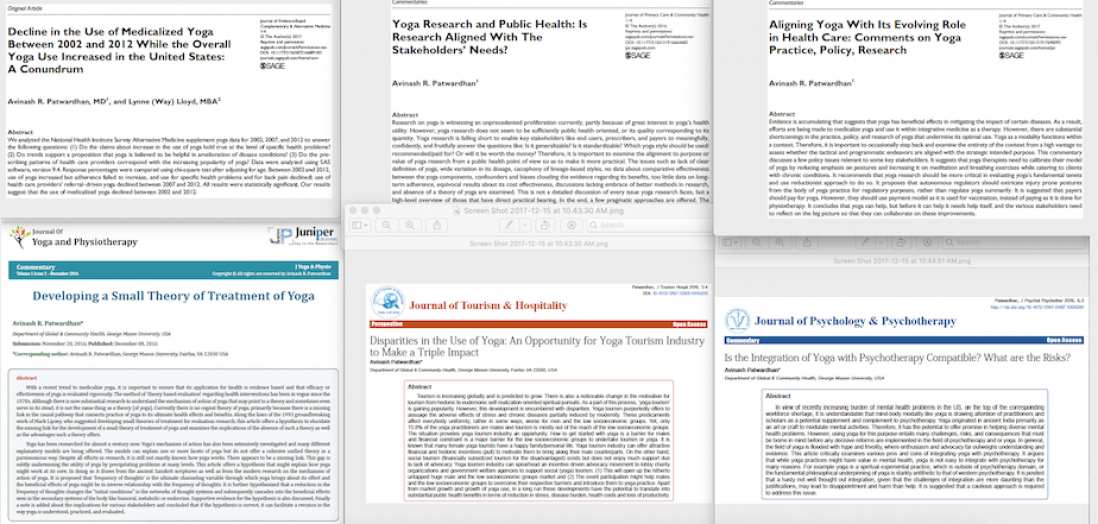
AVIYOGA
The way yoga meant to be and should be
Our Philosophy
Yoga is a way of life and not a program. It is not a specific set of activities, performed in a defined place or time, governed by religion, script, school, style, rules or protocols. Yoga is a craft or a skill about exercising body and mind towards healthy eating, drinking, and living. Yoga can help health, but yoga is not a health science. It provides health benefits as by products of enlightenment.
What is yoga not
Elements of yoga can be found in many religions but yoga does not belong to any religion.
Numerous physical activities help yoga practice but yoga is not a body exercise.
Some group practices may facilitate yoga learning in the beginning but yoga is not a group activity.
Yoga practice can benefit from common sense pointers but yoga does not need supervision or guidance.
Yoga helps to restore balance but yoga is of no value to truly healthy.
Yoga may take numerous forms but at the bottom yoga is just yoga with no prefixes.
Yoga may suggest rules but yoga does not rule you.
What we do not do and what we do
We are not a yoga studio. We are not into physical fitness training. We are not into healthcare advising or counseling.
We provide invited lectures or seminars to equip you with knowledge and wisdom that can facilitate your physical-mental-spiritual growth. We conduct primary research to help you quantitatively and qualitatively evaluate your (own) program.
Our Services
1. Educational lectures or seminars
For people with chronic diseases (such as Diabetes, Hypertension, Fibromyalgia) who want to learn and use yoga techniques to improve their lifestyle.
For normal healthy people who want to enhance and improve their yoga knowledge and skills to better deal with the stress of the day-to-day modern life.
For clinicians who want to learn yoga theory, techniques, and tools to use them in their practices to inform or assist their patients to optimize health outcomes.
For scholars who want to understand yoga philosophy.
2. Yoga program evaluation consulting service
Consulting services to assist in the scientific evaluation (research design and statistical analysis) of an on-going yoga practice to assess effectiveness, outcomes, shortcomings, or opportunities to improve the practice.
Currently, most of the yoga providers do not have the expertise to conduct a scientific evaluation of their yoga programs to demonstrate their effectiveness. Furthermore, they are pressed for time and their data are small (small practice size). Lastly, they lack financial ability to hire an expensive research agency to conduct research on their behalf.
Six Peer Reviewed Journal articles by Dr. Patwardhan on Yoga
